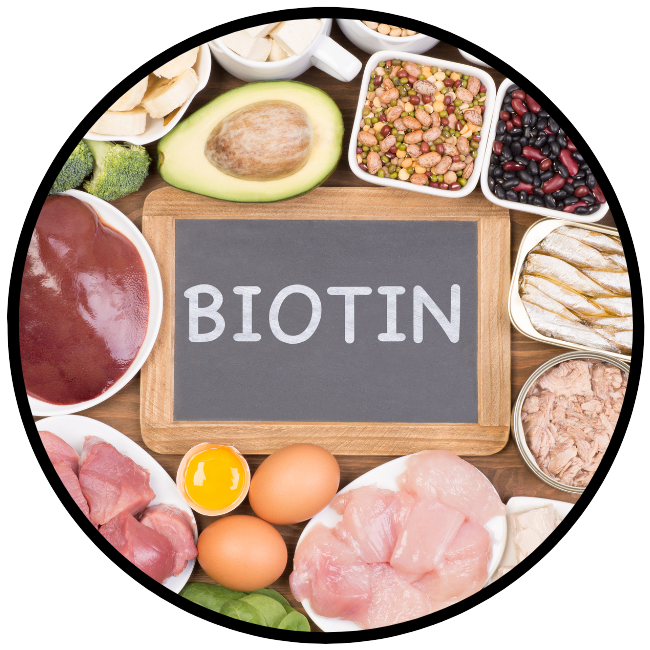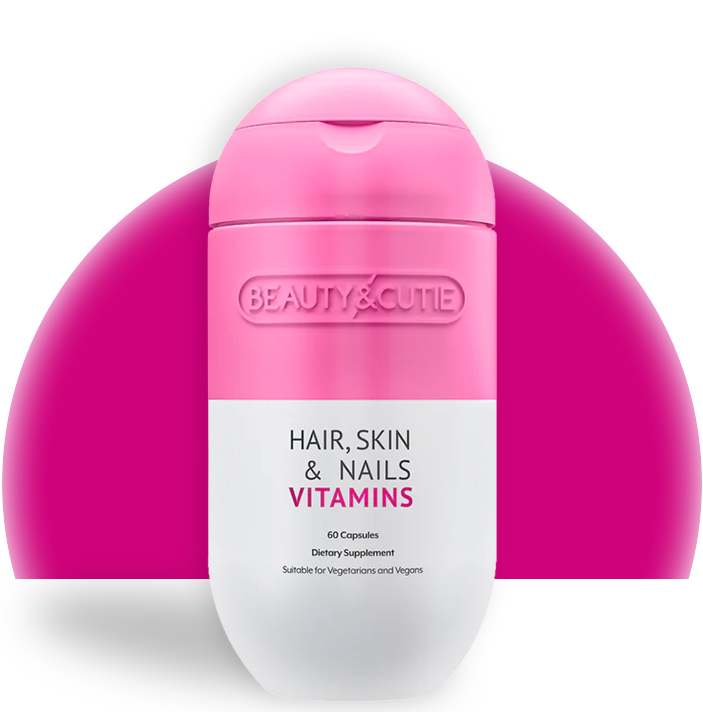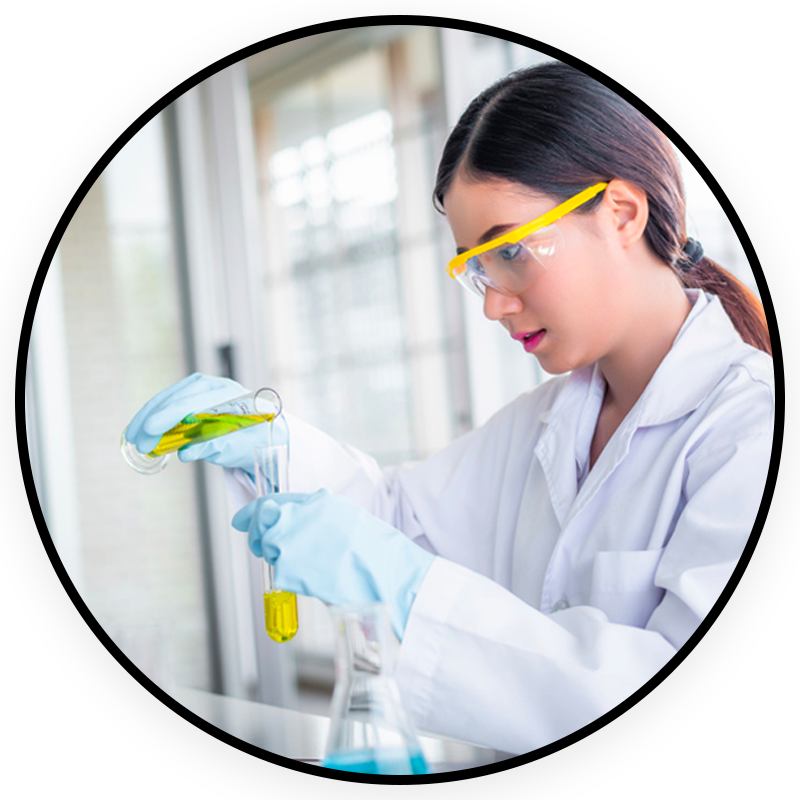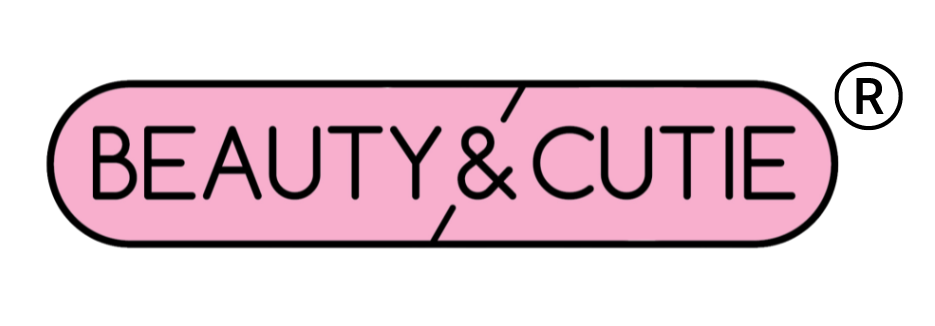
WHAT IS BIOTIN?
Biotin, also known as vitamin B7 or vitamin H (where the H originates from “haar” and “haut”, which are the German words for hair and skin), is a water-soluble vitamin1. Our bodies cannot synthesize biotin, instead, we must rely upon dietary intakes and the bacterial2 biotin factories that reside within our stomachs. It is known to play important roles in several metabolic reactions3, including the synthesis of fatty acids, amino acid metabolism, and the generation of glucose (including from non-carbohydrates),4 and thus, is essential for normal human health, growth, and development.
Good dietary sources of biotin5 include:
- Cooked beef liver
- Cooked egg (must be cooked)
- Cooked pork chop
- Roasted sunflower seeds
- Cooked sweet potato
- Roasted almonds
Deficiency in biotin intake5 are rare6. The US Food and Nutrition Board, which is responsible for recommending daily allowances for nutrients, determined that the available data was insufficient7 to establish a recommended daily allowance (RDA) or an estimated average requirement (EAR) for biotin. Instead, they provide only an adequate intake (AI) level, which is the level assumed to provide adequate nutrition for the general public. There is also insufficient data to define a tolerable upper intake level (UL).
Note that the FDA has issued a warning as to how extremely high levels of biotin supplementation can interfere with the results of some common diagnostic clinical lab tests, including your thyroid. Though some lab test developers have addressed these problems, others have not8. As the biotin level in our product (1000 μg) is substantially greater than the AI level, we urge anyone taking our product (or any other biotin supplement for that matter) to discuss the supplementation levels with their physicians prior to undergoing any clinical diagnostic test (especially in light of the fact that there is a suggestion of a knowledge gap on this topic9 with physicians).

Beauty & Cutie
Biotin has been shown to improve nail strength and health in patients with brittle nails conditions.

WHY IS BIOTIN IN MY PRODUCT?
First and foremost, adequate levels of biotin are required to metabolize carbohydrates, fats, and amino acids. These processes are essential for normal health, growth and development.
In some cases, biotin levels may fall below the adequate intake levels, so supplementation is beneficial. These include pregnancy10 (and in fact, the deficiency could possibly affect fetal development11), lactating mothers12, those suffering from inflammatory bowel disease13, epileptics on anticonvulsant medications14, and in infants born with an error in metabolism (which is screened at birth but rare with an incidence rate of 1:61000 in one study).15
WHAT IS THE ROLE OF BIOTIN FOR HAIR, SKIN AND NAILS?
There has been a great deal of excitement generated about the beneficial role of biotin in the health and appearance of hair, skin, and nails. It has also been documented that much of the research in fact does not support this claim unless there are underlying pathologies or inherited deficiencies16. Though many of the studies reporting the benefits of biotin on patients that do not have underlying pathologies or biotin deficiencies are typically hampered by a lack of control or placebo groups, benefits have nonetheless been observed and warrant further studies17.

Examples include this study18 where 63% of the 35 participants showed improvement in their brittle nail condition upon supplementation with biotin. In another study, the thickness of nails was found to increase19 after biotin treatment. In another report, 91% of the patients showed improvement20 in nail health after biotin supplementation. However, one recent study with a control group has shown the beneficial effect of biotin in combination with a therapeutic lacquer. The results clearly demonstrated a positive effect of biotin, determined in this nail health assessor blinded trial.21
Evidence of the beneficial role of biotin in hair health, in particular hair loss, is somewhat lacking22 in otherwise healthy individuals with adequate biotin intake, which make up the majority. There is some evidence of beneficial effects23 in different case studies24 and for those with underlying conditions. However, others report a disproportionate amount of biotin hype25 compared to the clinical evidence of its benefits on hair health.
In terms of premature graying, a recent case control has indeed shown a beneficial effect of biotin in patients without obvious underlying biotin deficiencies. Premature graying was shown to be associated with lower levels of serum biotin.
In terms of premature graying, a recent case control has indeed shown a beneficial effect of biotin in patients without obvious underlying biotin deficiencies. Premature graying was shown to be associated with lower levels of serum biotin.
In summary, there is no question that biotin plays an important role in your health, being an essential component required to metabolize carbohydrates, fats, and amino acids. Past scientific evidence is somewhat sketchy as to its benefits in hair and skin health, to those without underlying pathologies or biotin deficiencies. However, evidence exists to indicate the beneficial effect of biotin on nail health and premature graying. Improved studies comprising control groups and participants with no underlying pathologies or deficiencies are beginning to appear, and more will uncertainly be conducted in the near future.
There is evidence that biotin levels are depleted in pregnant women and lactating mothers, and that biotin deficiency can affect the fetus and infant development. For these women, moderate supplementation may be beneficial.
References:
- https://pubmed.ncbi.nlm.nih.gov/19319844/
- https://pubmed.ncbi.nlm.nih.gov/31058161/
- https://pubmed.ncbi.nlm.nih.gov/22116691/
- https://www.sciencedirect.com/science/article/pii/B9780128164297000022
- https://ods.od.nih.gov/factsheets/Biotin-HealthProfessional/#en1
- https://pubmed.ncbi.nlm.nih.gov/28701385/
- https://www.nap.edu/catalog/6015/dietary-reference-intakes-for-thiamin-riboflavin-niacin-vitamin-b6-folate-vitamin-b12-pantothenic-acid-biotin-and-choline
- https://www.fda.gov/medical-devices/in-vitro-diagnostics/biotin-interference-troponin-lab-tests-assays-subject-biotin-interference
- https://pubmed.ncbi.nlm.nih.gov/32419559/
- https://pubmed.ncbi.nlm.nih.gov/9164991/
- https://pubmed.ncbi.nlm.nih.gov/10632957/
- https://www.ncbi.nlm.nih.gov/pmc/articles/PMC4230210/
- https://pubmed.ncbi.nlm.nih.gov/2500847/
- https://pubmed.ncbi.nlm.nih.gov/3925859/
- https://www.ncbi.nlm.nih.gov/pmc/articles/PMC5608602/
- https://pubmed.ncbi.nlm.nih.gov/28879195/
- https://pubmed.ncbi.nlm.nih.gov/29057689/
- https://pubmed.ncbi.nlm.nih.gov/8477615/
- https://pubmed.ncbi.nlm.nih.gov/2273113/
- https://pubmed.ncbi.nlm.nih.gov/2648686/
- https://pubmed.ncbi.nlm.nih.gov/31344296/
- https://pubmed.ncbi.nlm.nih.gov/30547302/
- https://pubmed.ncbi.nlm.nih.gov/4031156/
- https://pubmed.ncbi.nlm.nih.gov/17509110/
- https://pubmed.ncbi.nlm.nih.gov/28628687/
